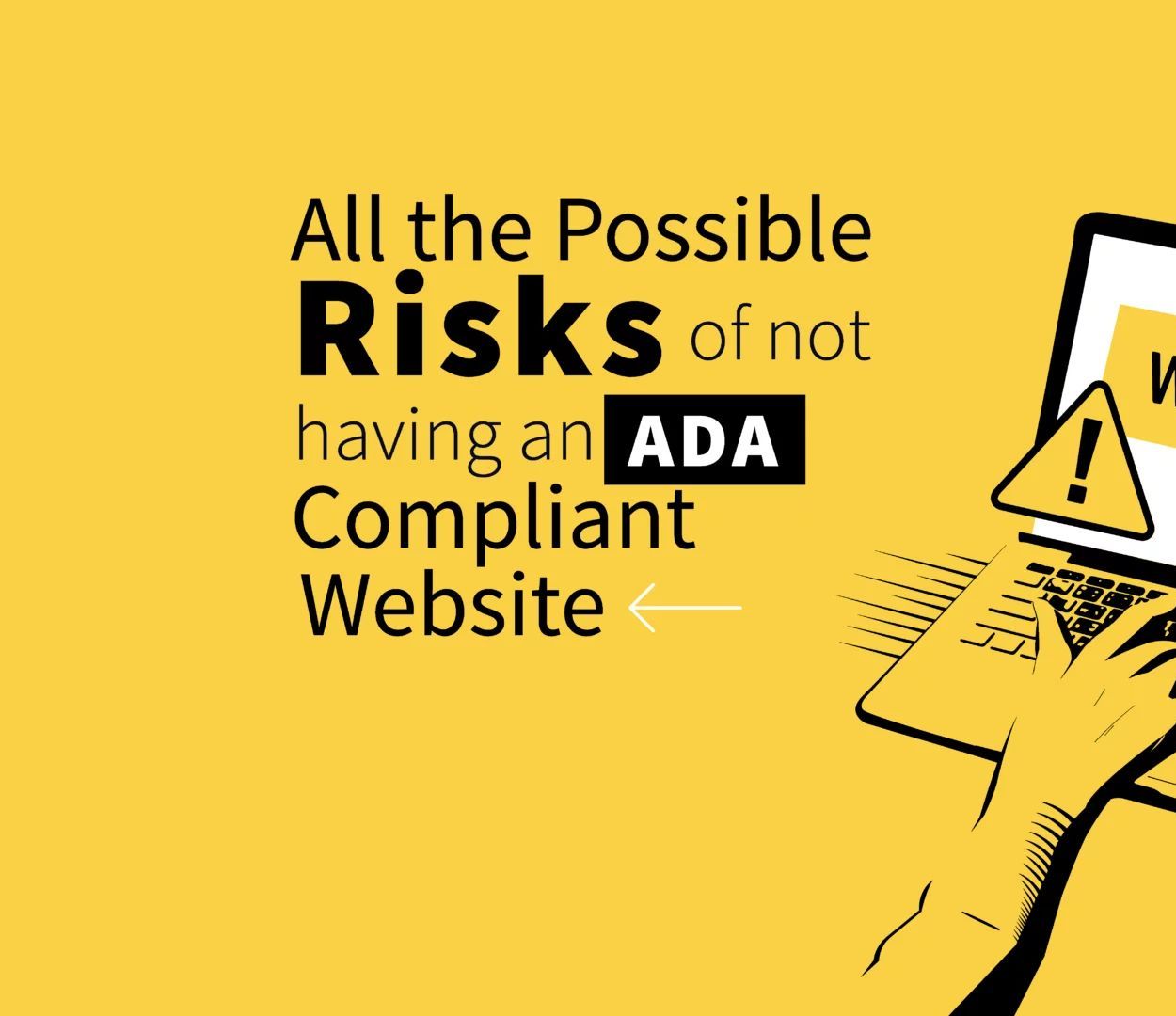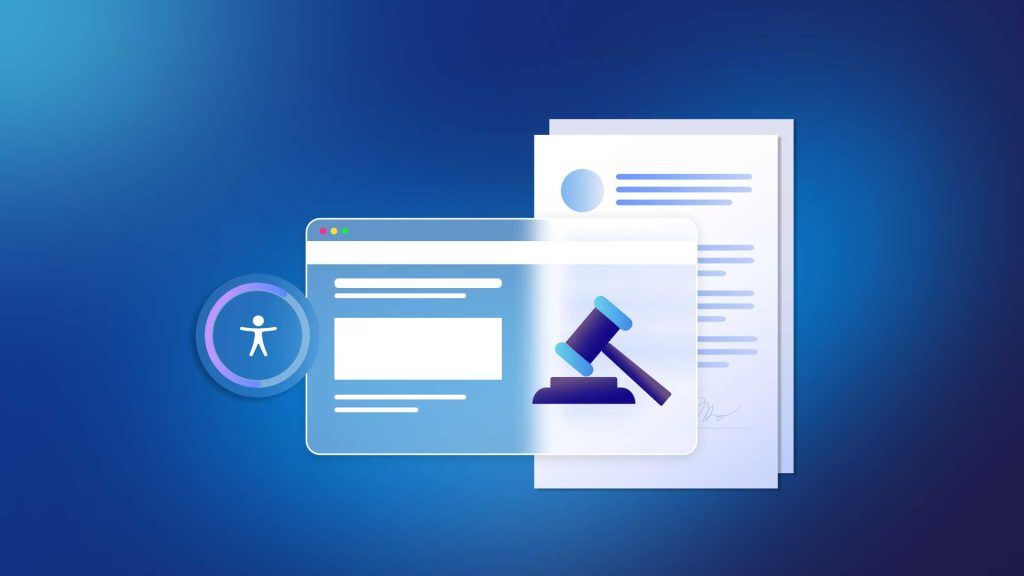Websites That Work—For Everyone
Most web design and SEO agencies talk a big game about performance, accessibility and compliance. But when you look under the hood, their own websites are slow, bloated and riddled with basic HTML errors. And accessibility? Too many agencies slap on an automated overlay like accessiBe and call it a day.
Schedule An AppointmentWe do things differently
We build modular websites that are:
Design and Visual Accessibility
We ensure that text and background colors have sufficient contrast, making content legible for users with visual impairments. We use fonts that are easy to read, avoiding those that are overly thin or decorative, to improve readability for all users. We design with user safety in mind, avoiding any content that flashes more than three times per second, reducing the risk of triggering seizures.
Content Accessibility
Every meaningful image on your website is tagged with descriptive alt text, allowing users with visual impairments to understand the content through screen readers or other assistive devices. We include captions in all video content, ensuring that hearing-impaired users can fully engage with your media.
Technical Compliance
We design websites that can be fully navigated using only a keyboard, catering to users who cannot use a mouse due to physical disabilities. Our coding practices ensure your website is compatible with screen readers and other assistive technologies, enhancing accessibility for users with various disabilities.
Navigation and Usability
We create intuitive navigation structures that are easy to understand and consistent across your site, helping users find the information they need without frustration. For online stores, we streamline navigation, enhance button labeling, and make the checkout process accessible and straightforward, reducing barriers for users with disabilities.




Why Accessibility Matters
Automated tools can catch some issues, but they don’t understand context. They misidentify problems, miss critical accessibility barriers and create a false sense of compliance. Worse, many agencies don’t even bother making their own websites accessible—so why would they truly care about yours?
Your website must be ADA compliant to avoid lawsuits and ensure accessibility for all users. Non-compliance can lead to legal fees, mandatory updates and lost business. Following ADA guidelines not only protects your company but also helps you connect with a wider audience. Don’t risk financial penalties or a damaged reputation—make your site accessible from the start.
Get StartedProtecting Your Business from ADA Lawsuits
While ADA compliance is crucial for accessibility, it’s also important to recognize that some lawsuits are driven by law firms seeking easy targets, often without a genuine accessibility issue. To safeguard your business:
Make your website as compliant as possible by following WCAG 2.1 Level AA guidelines. Keep detailed records of the steps you’ve taken to ensure accessibility. This documentation can be critical if your site is included in a lawsuit. If you are targeted in a lawsuit, provide proof of your compliance efforts and address any identified issues within a reasonable timeframe. This often leads to the lawsuit being dropped. By taking these steps, you can minimize your legal risks while ensuring your website is accessible to all users.

What Disabilities does ADA Compliance Cover?
ADA compliance requires that your website be accessible to users with various disabilities, including:
Cognitive Disorders
Users with difficulties in processing information, attention, memory or learning.
Intellectual Disabilities
Individuals with limitations in intellectual functioning and adaptive behavior.
Deafness or Hearing Loss
Those who are completely or partially unable to hear.
Blindness
Users who are fully unable to see.
Low Vision
Individuals with limited vision that is not fully correctable with glasses or contact lenses.
Epilepsy
Users who may experience seizures triggered by flashing lights or patterns.






